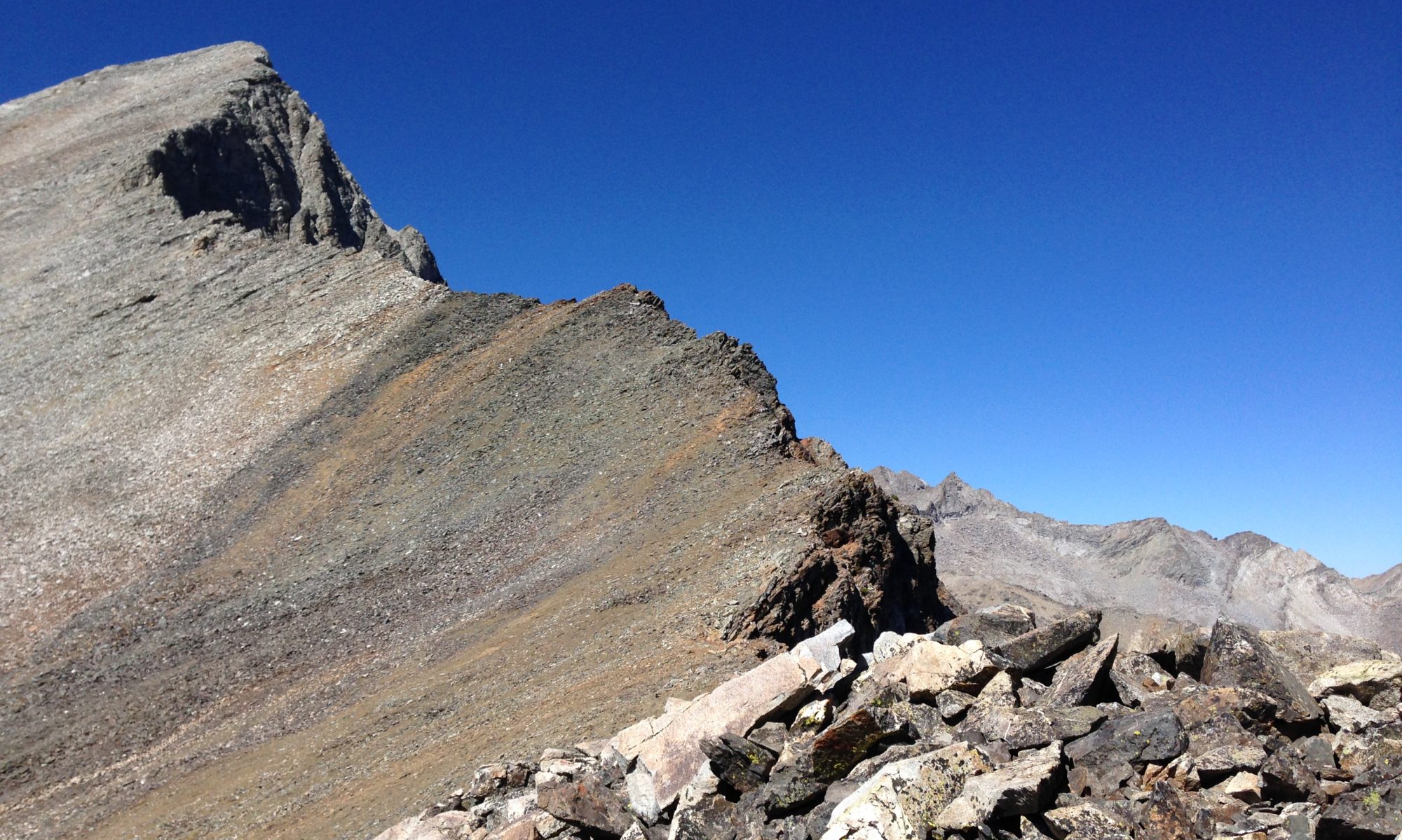I have been around the world teaching OpenSpaceTech as a practice in invitation. This is an excellent example of the opportunity for such practice. Harrison Owen posted this to the OSLIST email group…
My Inbox is a rich source of adventure. This little note from a CEO for example:
“XXX Inc. has a highly skilled team of ~100 people doing great work and we are also attempting to manage a company that differentiates ourselves by maintaining a unique company culture. We want to define, defend, and enable these values to be who we are, what we do, and how we behave as a collective organization. Building trust and allowing diversity, debate, and protest to flourish in an organization of high achievers is a difficult thing. I’m searching for ways to provide openness, healthy dialog, and a supportive atmosphere for these stellar people to deliver all they are capable of (collectively) to improve the lives of thousands of people living with cancer.
Basically I’m looking for techniques, methods, tools, and or simple ways to create an open environment of trust within a growing organization. My Dilemma: How to create a communication environment that’s open, listens, hears, understands, and is responsive? I am looking for practical executable methods to model these value behaviors within a for profit business enterprise. I want to work for a cause and I want those that join the company to be equally as committed to a similar standard. As companies grow and become successful it can be easy to become complacent or to compromise on these values. I’m looking for ways to help prevent organizational entropy, human dysfunctional politics, divisiveness, unhealthy behaviors, and the like within the work environment at all levels of the company. This value system requires a lot from management team and the organization, as well as asking a lot from our employees. But I believe that building on such a foundation and supporting our human capital in such a way we will ensure our success as a transformational company.”
He asked for comments and reflections in advance of a meeting with this CEO.
I said this:
almost always i find that the first few paragraphs or minutes of a conversation with a new contact or client — when they give this sort of snapshot of who they are, where they’ve been, and what they want next — is the perfect, most honest invitation.
these are the clearest pictures they can give, simple and clean, understandable to an outsider, and with all the honesty that is sometimes withheld, for all kinds of reasons both cultural and personal, from insiders.
my first question is then “who’s needed to create such an organization?” my second question is “how soon can we get them together?” maybe the third question is “what would we need to do to make sure that you (the ceo) lives to tell about it?”
seems to me that as long as we see culture and environment as something that is created by one person, sometimes a chief and other times a “bad apple” troublemaker, or some small group of same, we will always work to hard and always fall short. as soon as we turn the task over to an invited group of everyone, the job is already done, the environment is shifted, and we’re right there in it doing the real work in a whole new way.
as ever, the leap is in beginning.
More and more, I’m beginning with some simple lists, especially when I don’t have an opening shot like the one above. This list works pretty well for small projects and whole organizations, immediate crises and long-term strategy:
- best things we’ve ever done,
- current conditions that matter,
- things we know we want/need to do/have/create now/next,
- people needed to get it done,
- resources and supporting structures available to leverage,
- sacred cows, dead mooses and other lines not to be crossed,
- potential meeting dates,
- potential meeting places,
- how we’ll know it’s really working
Is there any other way to get things done quickly and easily in organization than pencilling these things out, inviting everyone, and opening some space for all of their work to move?
Oh, yeah, we could pick one person to tell everyone what to do, and the we could keep on doing exactly what we’ve always done, until that one person figures it out and tells us otherwise. But how long might that take??? Let’s go!



